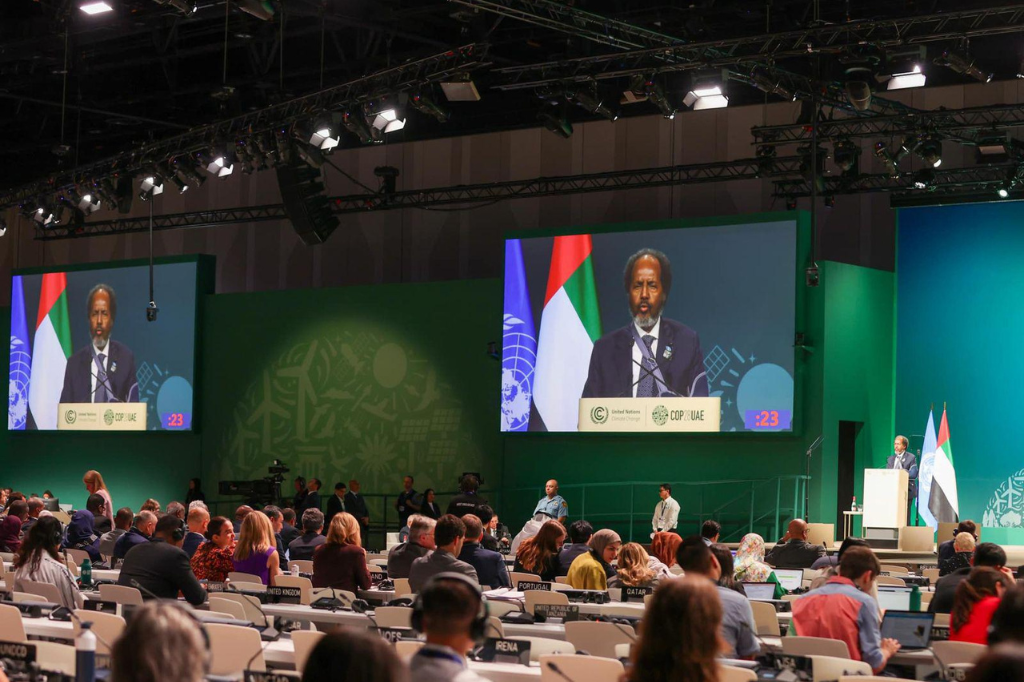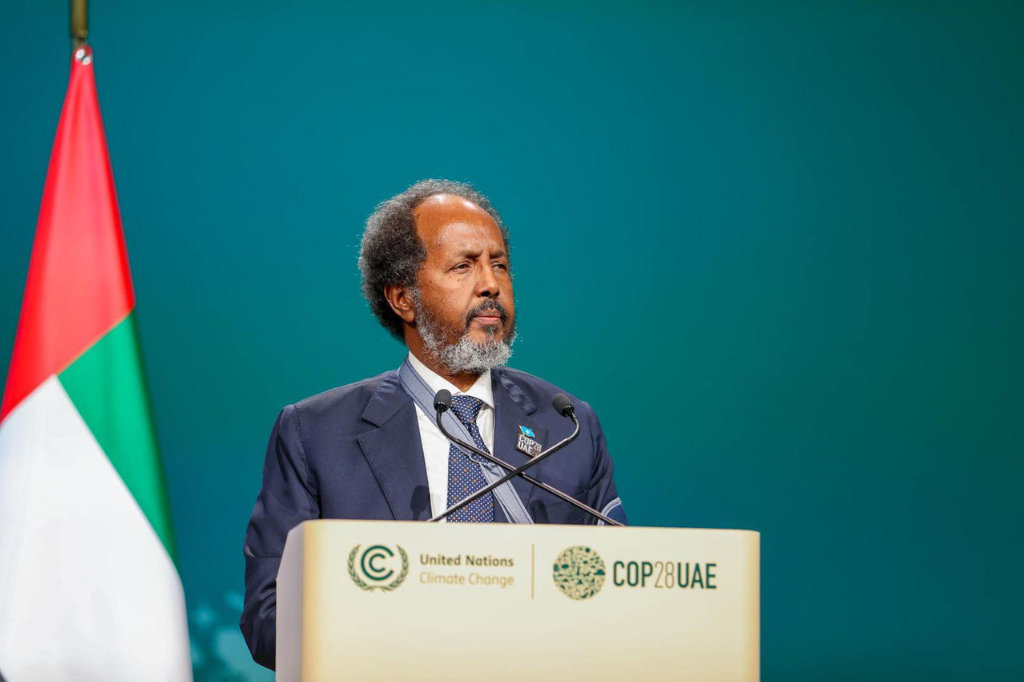
Somalia’s Single-Use Plastic Bag Ban Was Long Overdue

This week, the Ministry of Environment and Climate Change (MoECC) took a decisive step by imposing a ban on the production, import, export, manufacture, trade, and use of single-use plastic bags in Somalia starting June 30, 2024. This bold decision has garnered widespread support from the public and environmental activists as well as livestock herders whose livestock habitually die from consumed littered plastic waste, accelerating the ongoing campaigns against plastic pollution.
The issue of plastic usage has been a persistent concern, capturing the attention of environmental advocates for many years. The exponential growth of plastic consumption in the country over the last few decades has reached an alarming stage, infiltrating every aspect of daily life. From single-use items to packaging materials, the convenience of single-use plastic bags has led to their pervasive use, resulting in a surge in urban waste generation.
Notably, the environmental impact of single-use plastic bags in the country has been detrimental, posing a proven threat to ecosystems and biodiversity. The widespread reliance on plastic bags can be attributed, in part, to the availability of single-use plastic bags, where convenience often takes precedence over environmental considerations.
This issue is particularly acute in urban areas, especially in major cities across the country. It has contributed to escalating pollution, generating unregulated urban waste that compromises the overall well-being of the population.
Beyond environmental concerns, the ban also seeks to safeguard the health and quality of life of city dwellers, promoting a cleaner and more habitable urban environment.
It is worth noting that previous efforts to reduce plastic usage have proven challenging. The decision to ban plastic, albeit long overdue, is still likely to face challenges that could impede progress in its implementation.
Challenges and concerns
While the ban on plastic bags is a commendable step towards addressing the epidemic use of single-use plastic items, several challenges exist. One primary concern revolves around the effective implementation of such a policy decision. Questions arise regarding institutional gaps, the capacity of the ministry to implement the decision at both the federal and state levels, and the cooperation gap within the public-private sector.
Transitioning away from widespread plastic use demands robust regulatory standards, coordination, and public education.
The gradual phase-out of plastic products necessitates time for alternative materials to be introduced and adopted, essentially questioning the feasibility of the current June 30th, 2024, deadline.
Another significant challenge lies in the reluctance of businesses to swiftly embrace and support the ban due to potential disruptions and additional costs.
The way forward
To successfully address the challenges posed by single-use plastic bags and ensure the effective implementation of the ban, strong leadership is paramount. A decisive and proactive approach is essential to garner public support, mobilise resources, and enforce compliance. Strong leadership will expedite the implementation process and advance a culture of environmental responsibility among citizens and businesses.
The government should invest in robust public awareness campaigns and enhance collaborations with businesses, offering incentives for adopting eco-friendly practices and supporting the development of alternative materials. Furthermore, supporting locally-led youth campaigns can amplify the message.
A phased implementation strategy, allowing for a gradual transition, would provide the necessary time for individuals and industries to adapt. Additionally, the government should focus on developing the infrastructure needed to handle the increased demand for sustainable alternatives, including effective waste management systems.
In conclusion, the ban on plastic bags represents a critical step towards a sustainable and eco-friendly future. Although challenges exist, strategic planning, collaboration, and proactive governance can overcome them. The success of this initiative rests on effective policy implementation and the collective efforts of the government, businesses, and the public to ensure a plastic-free Somalia.
The government must play its role in steering the nation towards a plastic-free future. By addressing concerns, ensuring collaboration, and prioritising environmental stewardship, the decision can pave the way for a cleaner, healthier, and more sustainable future.
- Tags: Environment, Plastic bags, Single-use, Somalia
Mahbub Mohamed Abdillahi
Related News




Somalia’s Single-Use Plastic Bag Ban Was Long Overdue

Election in Puntland: A Historical Overview


Somalia at COP28 Recap: Key Highlights and Outcomes

Breath of Fresh Air: The Force Behind Mogadishu’s Newfound Security

